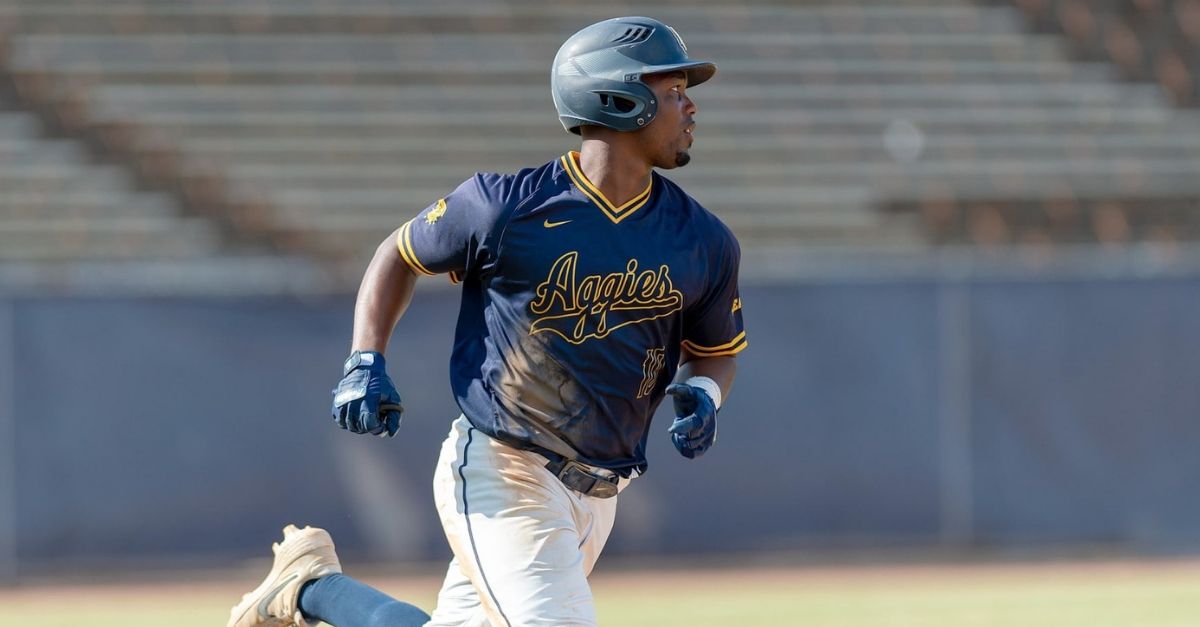HBCU schools are banding together to present the first-ever HBCU World Series later this month. Those involved hopes the move will make the sport popular in African-American communities again.
Inaugural HBCU World Series to feature North Carolina A&T and Southern https://t.co/6NF6N8yknh
— HBCU Sports (@HBCUSports) May 14, 2019
Only 8% of players on MLB rosters this year are Black. Among college teams, the percentage of Black players is nearly half that of the pros
HBCUs have been forced to recruit white and Latino players to make up for the decline in Black players available. Yahoo Sports reported that two HBCU baseball conferences have rosters that are less than 50 percent Black. In a New York Times story last week, players said they were amazed to see HBCU baseball teams filled mostly with white and Latino players.
“We want to utilize these events to promote educational opportunities to urban youth who in some cases may not even know schools with the history of a North Carolina A&T State University or a Southern University even exists,” said Erwin Prentiss Hill, CEO of the Black College Sports Group 360.
“These oftentimes may be first-generation college prospects. They have good grades and good GPAs. They just do not have an understanding from a previous generation of what it takes to navigate that process.”
In the first HBCU World Series, North Carolina A&T Aggies will battle against the Southern Jaguars at Chicago's Guaranteed Rate Field on Saturday, May 24. Tickets are $10 in advance and $20 on the day of the game.
A number of HBCUs, such as Howard have been forced to eliminate their baseball teams entirely because they are not as economically sustainable. The decline of Black participation in baseball has been a somewhat vicious cycle over the past three decades. Black kids see less Black MLB players and decide against playing the sport, decreasing the number of Black players in the high school and college ranks.
Major League Baseball is acutely aware of the issue and has commissioned a number of studies to better understand why. Analysts have pointed to a number of different issues causing the decrease in Black baseball players.
Equipment for the sport is costly. In addition, the fees need to join travel teams can be expensive and travelling to away games can be time consuming for working parents. Baseball fields require lots of space, which can be hard to find in urban areas. In recent years, cities have paved over fields in favor of basketball courts. As a result, Black kids and parents have more access to sports like football and basketball.
Major League Baseball has made an effort to address the issue head on with their Urban Youth Academies and the Reviving Baseball in Inner Cities (RBI) program.
“Greatness comes from historically black colleges and universities,” said Hill.
“The bottom line is to get more urban youth back to our HBCU’s, so that talented young men and women can add to the legacy of our outstanding predominantly black universities.”

